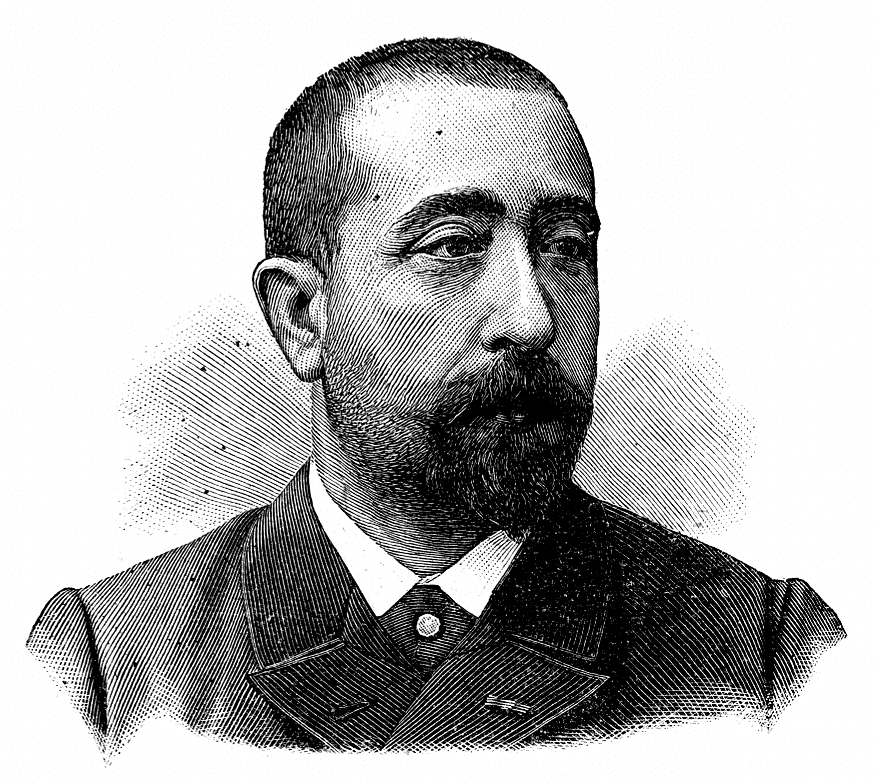Symptoms of Tourette’s syndrome
If your child has tics, it doesn’t necessarily mean they have Tourette’s syndrome.
Children often develop tics before growing out of them after several months. These are known as transient tics.
For tics to be classified as Tourette’s syndrome, they have to be present for at least a year and include at least one vocal tic.
Tics can be:
vocal (sounds) – such as grunting, coughing or shouting out words
physical (movements) – such as jerking of the head or jumping up and down
Tics can also be:
simple – for example, making a small movement or uttering a single sound
complex – for example, making a series of movements or speaking a long phrase
Most people diagnosed with Tourette’s syndrome have a combination of physical and vocal tics, which can be both simple and complex.
Simple vocal tics
Examples of simple vocal tics include:
grunting
clearing the throat
coughing
screaming
sniffing
squeaking
blowing
Simple physical tics
Examples of simple physical tics include:
blinking
jerking the head
twitching the nose
rolling the eyes
twisting the neck
rotating the shoulders
Complex vocal tics
Examples of complex vocal tics include:
repeating other people’s phrases (echolalia)
repeating the same phrase over and over again (palilalia)
swearing loudly or shouting inappropriate words and phrases (coprolalia)
Swearing is often associated with Tourette’s syndrome, but it’s actually a fairly uncommon symptom affecting a minority of people with the syndrome.
Complex physical tics
Examples of complex physical tics include:
shaking the head
hitting or kicking objects
jumping
shaking
touching themselves or others
copying the movements of others (echopraxia)
making obscene gestures, such as giving someone ‘the finger’ (copropraxia)
Premonitory sensations
Most people with Tourette’s syndrome experience uncomfortable or unusual feelings before having a tic. These feelings are known as premonitory sensations.
Premonitory sensations are only relieved after the tic has been carried out, in a similar way to how an itch can only be relieved by scratching it.
Examples of premonitory sensations include:
a burning feeling in the eyes that feels as if it can only be relieved by blinking
tension in a muscle that can only be relieved by twitching or stretching the muscle
a dry or sore throat that can only be relieved by grunting or by clearing the throat
an itchy joint or limb that can only be relieved by twisting the joint or limb
Pattern of tics
If your child has Tourette’s syndrome, their tics will probably tend to follow a set pattern. They may be worse during periods of:
tiredness
illness
nervous excitement
relaxation after a busy day
On the other hand, the tics are often reduced when they’re doing an enjoyable activity involving a high level of concentration, such as reading an interesting book or playing competitive sports.
You may find your child is able to control their tics when they’re in situations where they would be particularly noticeable, such as in a school classroom. However, controlling tics can be difficult and tiring over prolonged periods of time.
Many children with Tourette’s syndrome often experience a sudden ‘release’ of tics after trying to suppress them – for example, after returning home from school.
When to seek medical advice
You should contact your GP if either you or your child starts experiencing tics.
Many children have tics for several months before growing out of them, so a tic doesn’t necessarily mean your child has Tourette’s syndrome.
However, symptoms such as tics do need to be investigated.
